Increased Importance of Public Administration:
The following developments have been mainly responsible for a big increase in the importance of Public Administartion in contemporary times:
(1) Increased Responsibilities of a Modern State- Increased responsibilities of a modern State, which has come to be an administrative-welfare State, have together been a source of an increased role of Public Administration. This increased role of the State has in turn increased the importance of Public Administration.
(2) The New Revolutions- The second half of the 19th century witnessed the rapid march of the industrial revolution. This revolution led to the emergence of a technological revolution, a communications revolution, and a social revolution in the 20th century. These revolutions have been a source of increased social interactions among the inhabitants of all societies living in different parts of the globe. Such a development has increased the importance of Public Administration which acts as the agency for maintaining the health and welfare of the society for which it works.
(3) Increased Interdependence- The ever-increasing dependence of every human being upon the State has in reality been a source of increased contacts and interactions between him and Public Administration. The letter has come to be the main agency for implementing the socio-economic development plans of the government
(4) The Objective of all-round Human Welfare- Public Administration has now the responsibility for looking after human welfare in society. In fact, even before the birth of a child and after the death of a human being i.e. from womb to tomb, Public Administration looks after the welfare of the individual as well as the society. All needs of the individual- food, clothing, shelter, education, health, family welfare, employment, social security, etc., have to be satisfied or at least sought to be satisfied by the State. This in reality becomes the responsibility of the government of the State. Since Public Administration is the basic instrument of governmental action, the securing of these needs, in turn, becomes its responsibility. This has greatly increased the work and role of Public Administration in contemporary times.
(5) Change in the concept of war from a simple to a Total War- The change in the concept of war from a simple war to a total war, the increased awareness of internationalism, the emerging globalization of human relations and interactions, and the growing concern for human welfare, human rights, environmental protection, denuclearization, decentralization, democratization, and development have all combined to increase the activities and responsibilities of Public Administration in every state. The attainment of all these objectives can be possible only through a well-functioning Public Administration system working in 189 States of the world.
All these factors have been responsible for an increased and still increasing importance of Public Administration in contemporary times. The working of Public Administration departments in all the universities of the globe tends to reflect the increased awareness about the growing importance and utility of the study of Public Administration as a vitally important social discipline.
To sum up, we can say that Public Administration plays an important role in society. No government can work properly without efficient administration. Today, Public Administration influences almost all aspects of human life. The net result of the increased role of the State has been that a large number of specialized branches of Public Administration have come up on the scene. Public Administration constitutes the action part of the government- the means by which “the purposes and goals of government are being realized.”

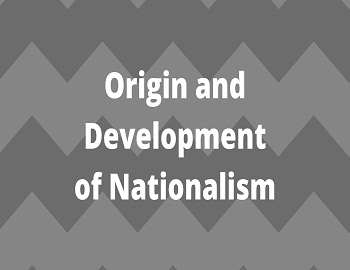
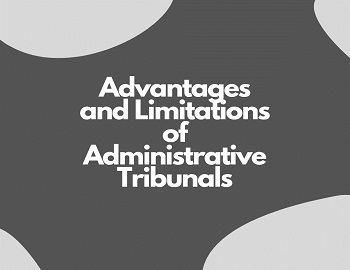


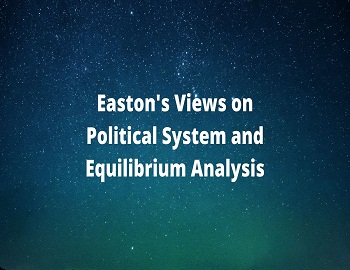

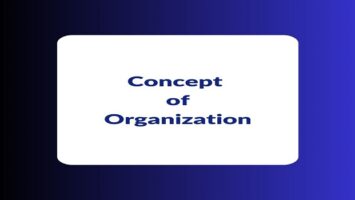
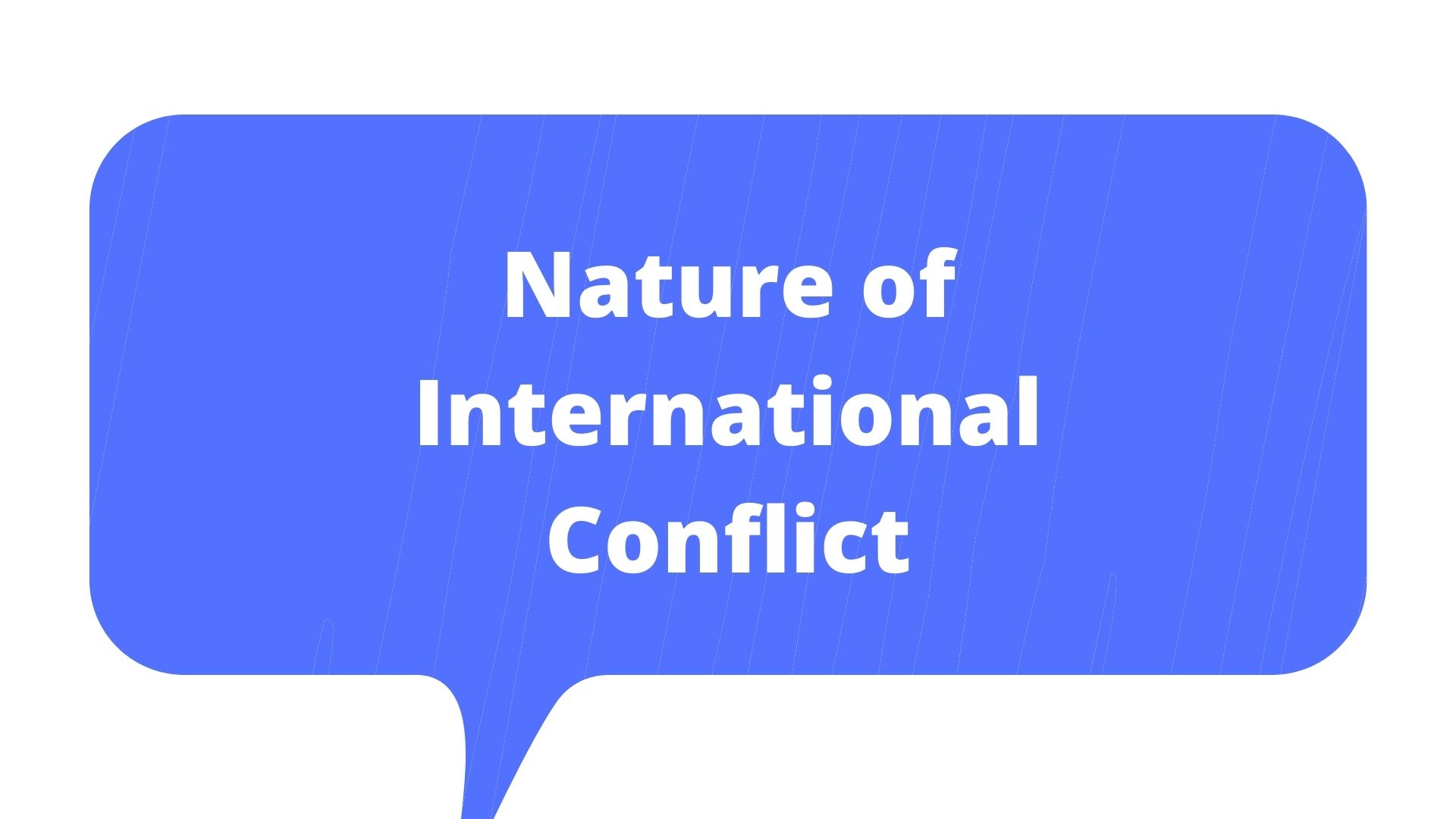
Comments (No)